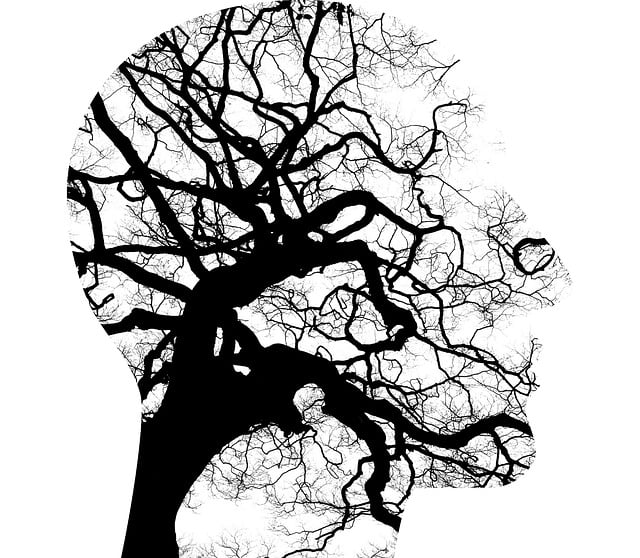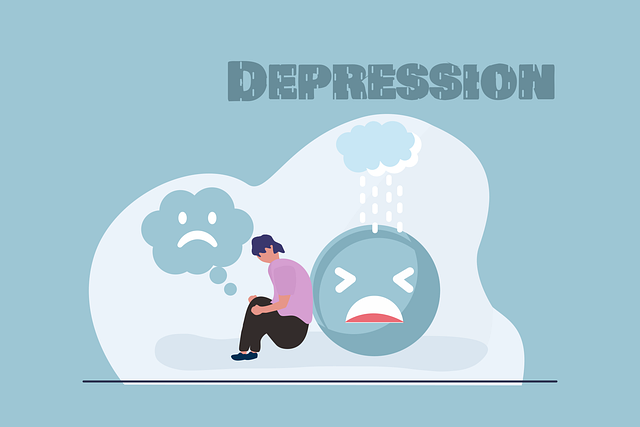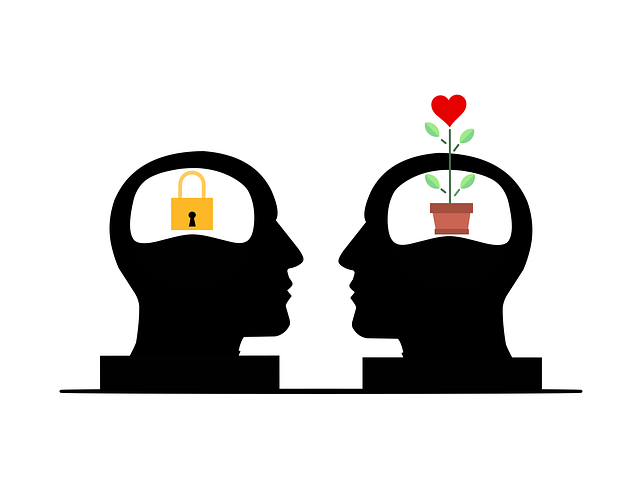Lone Tree Acceptance and Commitment Therapy (ACT) marketing focuses on understanding target audiences through demography, psychology, and cultural context in mental health communities. By identifying users most likely to benefit from ACT principles, tailored messaging resonates with those seeking accessible tools for their mental wellness journeys. Differentiation is achieved by integrating powerful therapeutic principles into engaging content, appealing to users looking for innovative solutions in a competitive market. A multi-channel marketing strategy, including social media, email, SEO targeting keywords like "Mental Wellness Journaling Exercise Guidance," and community outreach events or partnerships, increases exposure, builds trust, and encourages user engagement and conversion.
In today’s digital age, mental wellness apps are transforming lives. For the Lone Tree Acceptance and Commitment Therapy app, a robust marketing strategy is key to reaching and supporting users on their journey. This article guides you through three essential steps: understanding your audience to tailor solutions for specific needs, crafting a unique value proposition that sets your app apart, and implementing a multi-channel marketing approach to maximize user engagement. By following these strategies, you can effectively promote Lone Tree Acceptance and Commitment Therapy and make mental wellness accessible to all.
- Understanding Your Audience: Identifying Target Users for Lone Tree Acceptance and Commitment Therapy App
- Crafting a Unique Value Proposition: Differentiating Features and Benefits of the App
- Multi-Channel Marketing Approach: Effective Strategies to Reach and Engage Potential Users
Understanding Your Audience: Identifying Target Users for Lone Tree Acceptance and Commitment Therapy App

Understanding your audience is a crucial step in developing an effective marketing strategy for a mental wellness app like Lone Tree Acceptance and Commitment Therapy (ACT). To successfully reach users, it’s essential to pinpoint who could most benefit from ACT principles. This involves considering demographics, such as age, location, and socioeconomic status, but also delving into psychological factors like stress levels, anxiety disorders, or a history of trauma. Recognizing the diverse needs within mental health communities, including accounting for cultural sensitivity in mental healthcare practice, is paramount. By identifying specific user personas, you can tailor marketing messages to resonate with individuals who are most likely to find value and engage with the app’s unique offerings.
Furthermore, exploring community outreach program implementation strategies can amplify your reach beyond individual users. Engaging with local communities, particularly those historically underserved by mental health services, allows for targeted promotion of Lone Tree ACT through partnerships with community centers, schools, and faith-based organizations. Emphasizing the app’s potential to support self-care practices aligned with ACT principles can appeal to a wide range of users seeking accessible tools for their mental wellness journeys.
Crafting a Unique Value Proposition: Differentiating Features and Benefits of the App

In today’s digital landscape, mental wellness apps are a popular choice for individuals seeking support and self-improvement. To stand out from the competition, it’s crucial to craft a unique value proposition that clearly communicates the app’s differentiating features and benefits. One innovative approach gaining traction is Lone Tree Acceptance and Commitment Therapy (ACT), which focuses on fostering self-awareness exercises and coping skills development through engaging interactive content.
By integrating ACT principles, your app offers users powerful tools for depression prevention and overall mental wellness management. Unlike traditional therapy, this modern approach encourages individuals to accept their thoughts and emotions without judgment, promoting a more flexible and adaptive mindset. Through interactive exercises tailored to individual needs, the app empowers users to take control of their mental health journey, making it an effective and appealing solution in a bustling market.
Multi-Channel Marketing Approach: Effective Strategies to Reach and Engage Potential Users

A multi-channel marketing approach is a powerful strategy to reach and engage potential users seeking mental wellness solutions like Lone Tree Acceptance and Commitment Therapy (ACT). This involves utilizing various marketing channels, such as social media platforms, email campaigns, search engine optimization (SEO), and content marketing. By diversifying your marketing efforts, you can cater to different user preferences and behaviors, ensuring a broader reach. For example, social media allows for visually appealing content and community engagement through user-generated testimonials and live sessions, while SEO targets specific keywords like “Mental Wellness Journaling Exercise Guidance” to attract users actively searching for solutions.
Additionally, email campaigns can nurture leads by providing valuable resources and personalized coaching programs, such as “Mental Wellness Coaching Programs Development.” Community outreach programs, another effective strategy, enable direct interaction with potential users through events or partnerships with local businesses, fostering trust and showcasing the app’s benefits. Integrating these channels allows for a holistic marketing approach, ensuring that potential users encounter your app through multiple touchpoints, increasing the likelihood of engagement and conversion.
Developing a comprehensive marketing strategy for the Lone Tree Acceptance and Commitment Therapy (ACTP) app involves understanding your audience, crafting a unique value proposition, and adopting a multi-channel approach. By identifying specific target users and tailoring messaging to their needs, you can effectively reach potential clients seeking mental wellness solutions. Differentiating the ACTP app through its unique features and benefits ensures it stands out in a competitive market. A successful marketing strategy will leverage various channels to engage audiences, ultimately fostering a community around the app and promoting its adoption for improved mental health and well-being.














